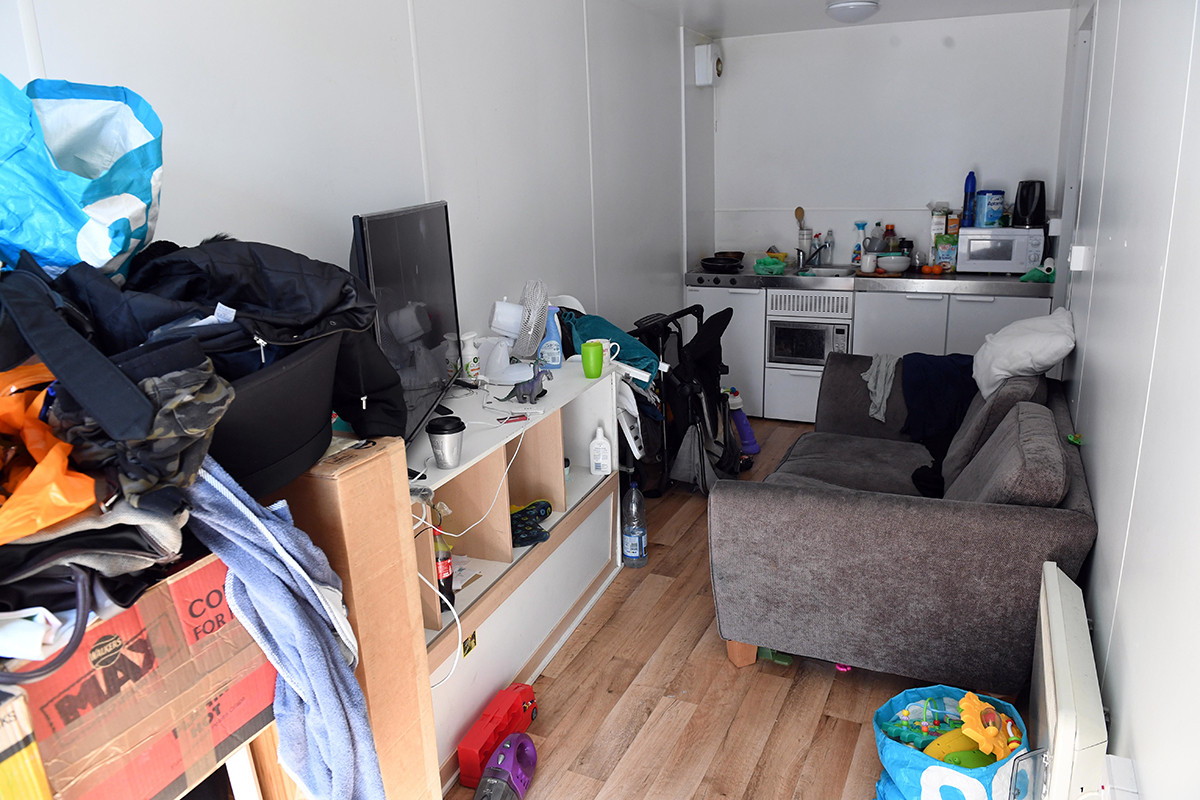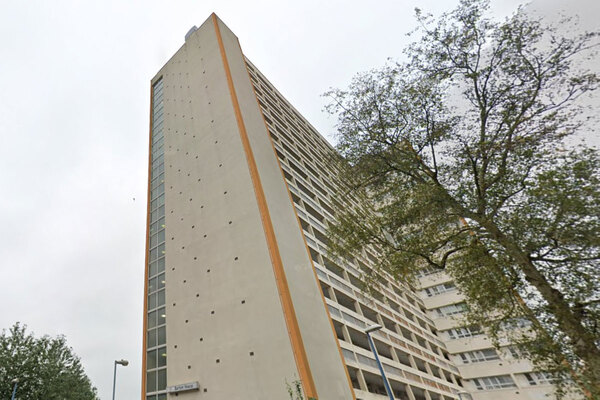The Week in Housing: plaudits for the National Housing Federation’s research on overcrowded homes
This week, the National Housing Federation (NHF) published important research about how overcrowding affects hundreds of thousands of families – and called for a detailed housing strategy from the government. Martin Hilditch provides a rundown of stories that revealed more about our broken housing system

Good afternoon.
If you read one thing this week, make sure it’s the research by the NHF that revealed two million children from 746,000 households were living in overcrowded homes. Adults were sleeping in kitchens or hallways, and children were unable to do their homework, as a result.
The research, which drew huge national media attention, showed the resulting poor mental and physical health. It also found that households from ethnic minority backgrounds were three times more likely to be affected by overcrowding than white households.
Inside Housing would also strongly recommend the film Half Way, in which director Daisy-May Hudson documents the impact of homelessness and overcrowding on her own family. It’s one of the most powerful pieces of work about homelessness and overcrowding in recent years, and should be a must-watch for everyone working in the housing sector.
Ultimately, the NHF’s work points to a broken housing system – and the need for more investment in social housing and homes for people on low incomes. The majority of our stories this week detail either the impact of that broken system or efforts to find solutions within it.
A new report found that 40% of domestic abuse survivors have been turned away from safe accommodation, due to a lack of capacity.
Concern was also raised for Ukrainian refugees, as government figures revealed thousands of families with children are now homeless.
And new analysis also suggested that £1.6bn in housing benefit was currently being paid to private landlords for non-decent homes.
Homelessness charity Crisis echoed the NHF’s calls for more social housing as it revealed details of its new partnership with a high street bank – and what it is looking to do as a result.
Different regions are looking to tackle their own housing problems. In England, the West Midlands Combined Authority revealed the shape of its new affordable homes programme following the “trailblazer” devolution deal with central government.
And Humza Yousaf, Scotland’s new first minister, put tackling empty and second homes front and centre in one of his early housing announcements. Sally Thomas, chief executive of the Scottish Federation of Housing Associations, said an “early focus” on the urgent need to increase the supply of affordable homes was welcome, because “those homes are key to Scotland’s fight for social justice”.
Scotland’s biggest landlord, the Wheatley Group, revealed its own plans to address the need for affordable housing by appointing contractors to a new £500m affordable housing framework.
The Scottish government has also been looking to tackle affordability in the private rented sector with a rent cap. Patrick Harvie, the minister for tenants’ rights, defended it this week, amid accusations that a cap would stymie supply.
Figures from the ONS revealed private rents have risen 4.9% year on year in the UK.
In Northern Ireland, Belfast’s new development plan – which has been more than five years in the making – was approved. It contains a 20% social and affordable housing quota, and there was debate about whether this was a high enough percentage.
One major issue that has been affecting the delivery of new affordable housing has been “nutrient neutrality” restrictions from Natural England. These aim to protect water bodies from nutrient pollution by ensuring that all new development has an offsetting scheme approved by the government’s environmental watchdog. This week, rating agency Moody’s suggested the additional cost of buying nutrient credits for offsetting projects was likely to reduce the number of available, viable schemes.
Quote of the week:
“As a country, we are failing these families and these children [in overcrowded homes] and this must stop. We need an urgent, long-term, national plan aimed at drastically increasing the number of affordable and social homes across the UK.”
Kate Henderson, chief executive of the National Housing Federation
Martin Hilditch, editor, Inside Housing
Editor’s picks: five must-read stories
Over 310,000 children forced to share bed with parents or siblings, NHF research reveals
West Midlands Combined Authority reveals shape of new affordable homes programme
Inside TfL’s mission to build thousands of affordable homes
New first minister Humza Yousaf launches plan to tackle empty and second homes
Sign up for our Week in Housing newsletter
Already have an account? Click here to manage your newsletters










